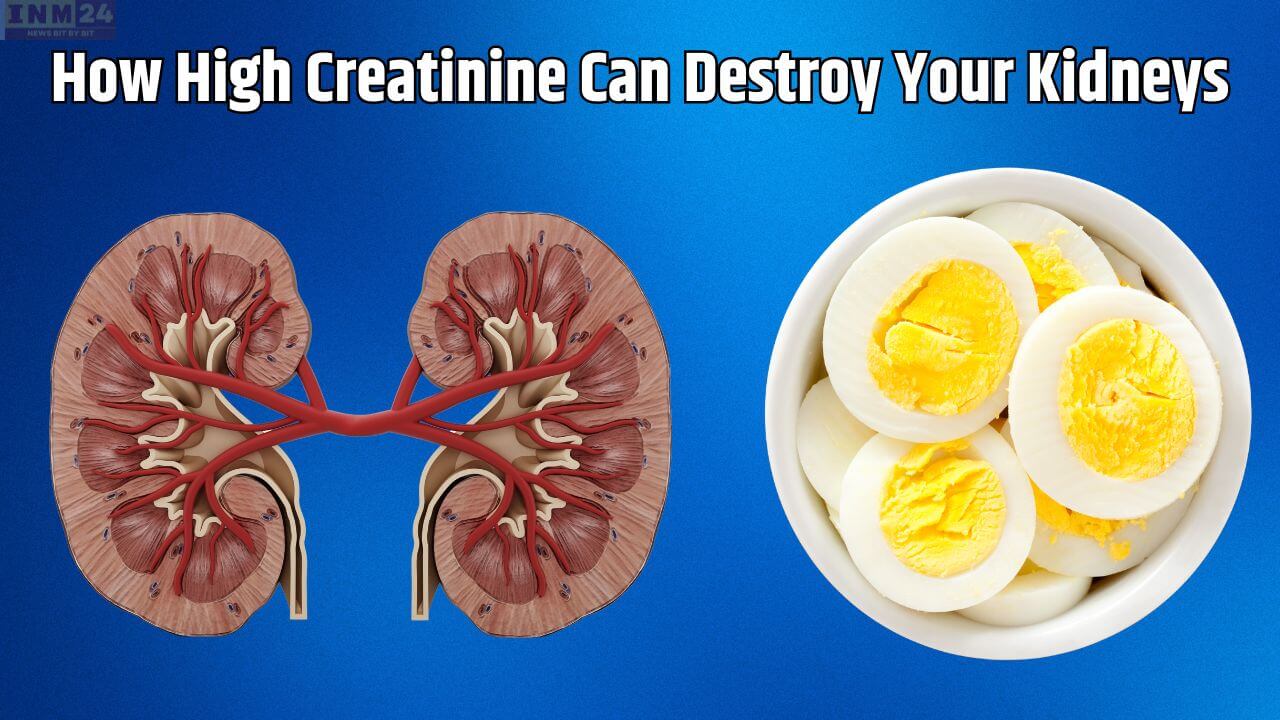High levels of creatinine in the body can pose serious threats to kidney health, leading to potential kidney damage if left unchecked. Dialysis is often the last resort to reduce creatinine levels, but there are several lifestyle changes and home remedies that can help lower creatinine levels without the need for dialysis.
Understanding Creatinine
Creatinine is a waste product generated from muscle metabolism, with no significant function in the body. When creatinine levels become dangerously high, it indicates kidney dysfunction. The kidneys filter out creatinine from the blood and excrete it through urine. Failure to eliminate creatinine effectively can result in permanent kidney damage. Dialysis is often prescribed to reduce high creatinine levels.
Causes of Elevated Creatinine
Several factors can contribute to increased creatinine levels:
- Intense physical activity: Exercise can lead to increased muscle metabolism and, consequently, higher creatinine production.
- High protein intake: Consuming excessive amounts of protein, especially from animal sources, can elevate creatinine levels.
- Certain medications: Some drugs can interfere with kidney function and raise creatinine levels.
- Dehydration: Insufficient water intake can impair kidney function, leading to a buildup of creatinine in the blood.
Symptoms of High Creatinine
Elevated creatinine levels can manifest through symptoms such as fatigue, changes in urine output, loss of appetite, nausea, muscle twitching, and malaise. Recognizing these symptoms is crucial for early intervention to prevent kidney damage.
Ways to Lower Creatinine Levels Naturally
- Monitor Protein Intake: Limiting protein intake, especially from animal sources, can help reduce creatinine levels. Opt for plant-based protein sources instead.
- Increase Fiber Consumption: A diet rich in fiber from fruits, vegetables, whole grains, and legumes can aid in lowering creatinine levels by promoting better kidney function.
- Reduce Salt Intake: Excessive salt consumption can exacerbate kidney damage and elevate creatinine levels. Avoid processed foods high in sodium and opt for whole, unprocessed foods instead.
- Limit Alcohol Consumption: Alcohol contains chemicals that are harmful to the kidneys and can lead to elevated creatinine levels. Moderating alcohol intake is essential for kidney health.
- Stay Hydrated: Adequate hydration is vital for maintaining kidney function and flushing out toxins, including creatinine. Aim to drink plenty of water throughout the day.
- Avoid NSAIDs: Nonsteroidal anti-inflammatory drugs (NSAIDs) can impair kidney function and increase creatinine levels. Limit their use or avoid them altogether.
- Quit Smoking: Smoking damages blood vessels and reduces blood flow to the kidneys, contributing to kidney dysfunction and elevated creatinine levels.
- Herbal Remedies: Certain herbs like nettle leaf, dandelion root, and astragalus have diuretic properties and may help lower creatinine levels naturally.
While these lifestyle changes and home remedies may help lower creatinine levels, it’s essential to consult a healthcare professional for personalized advice and treatment. These strategies should complement medical treatment and not replace it.
By incorporating these lifestyle changes and home remedies, individuals can effectively manage high creatinine levels and safeguard their kidney health without resorting to dialysis. However, consistent monitoring and medical guidance are essential to ensure optimal kidney function and overall well-being.
